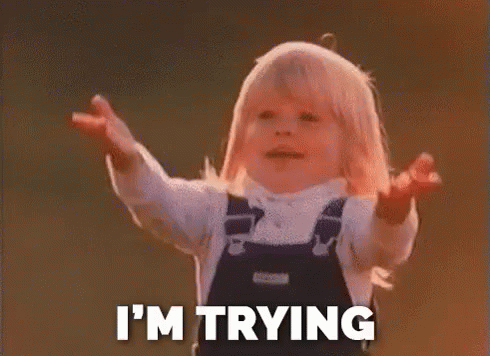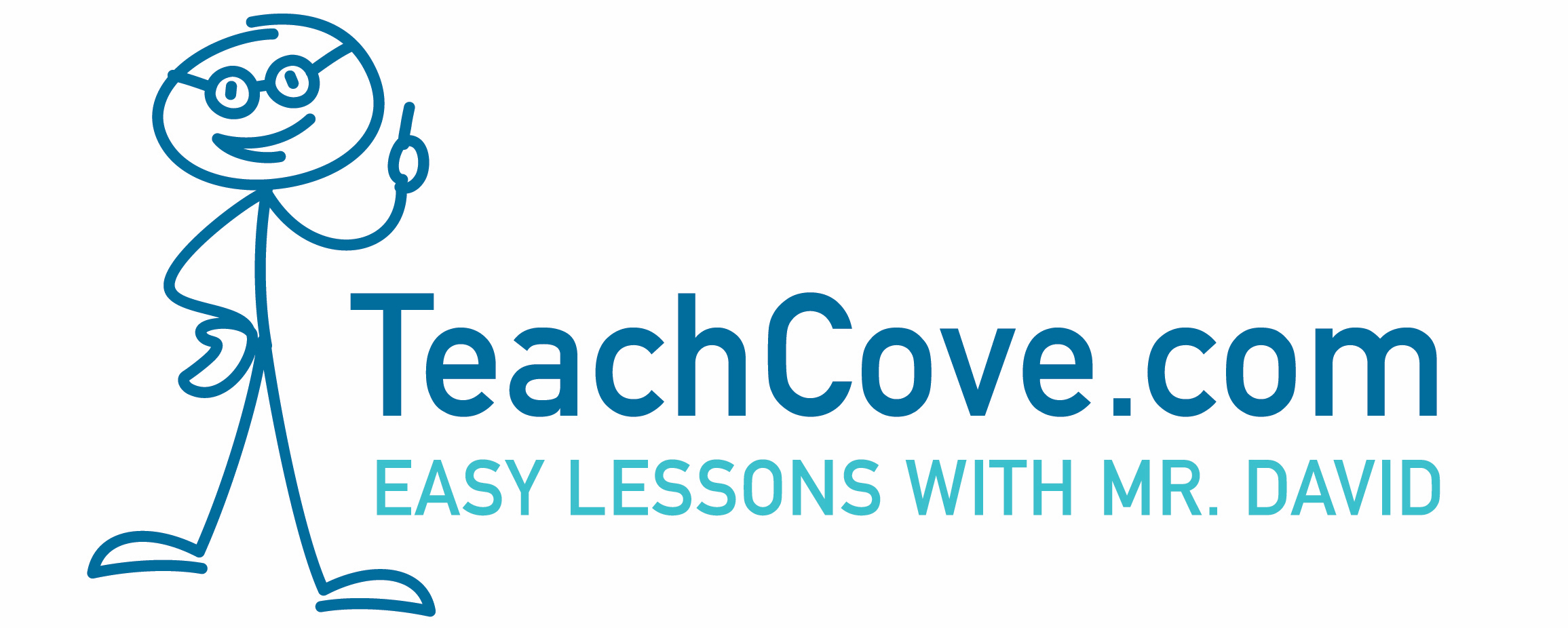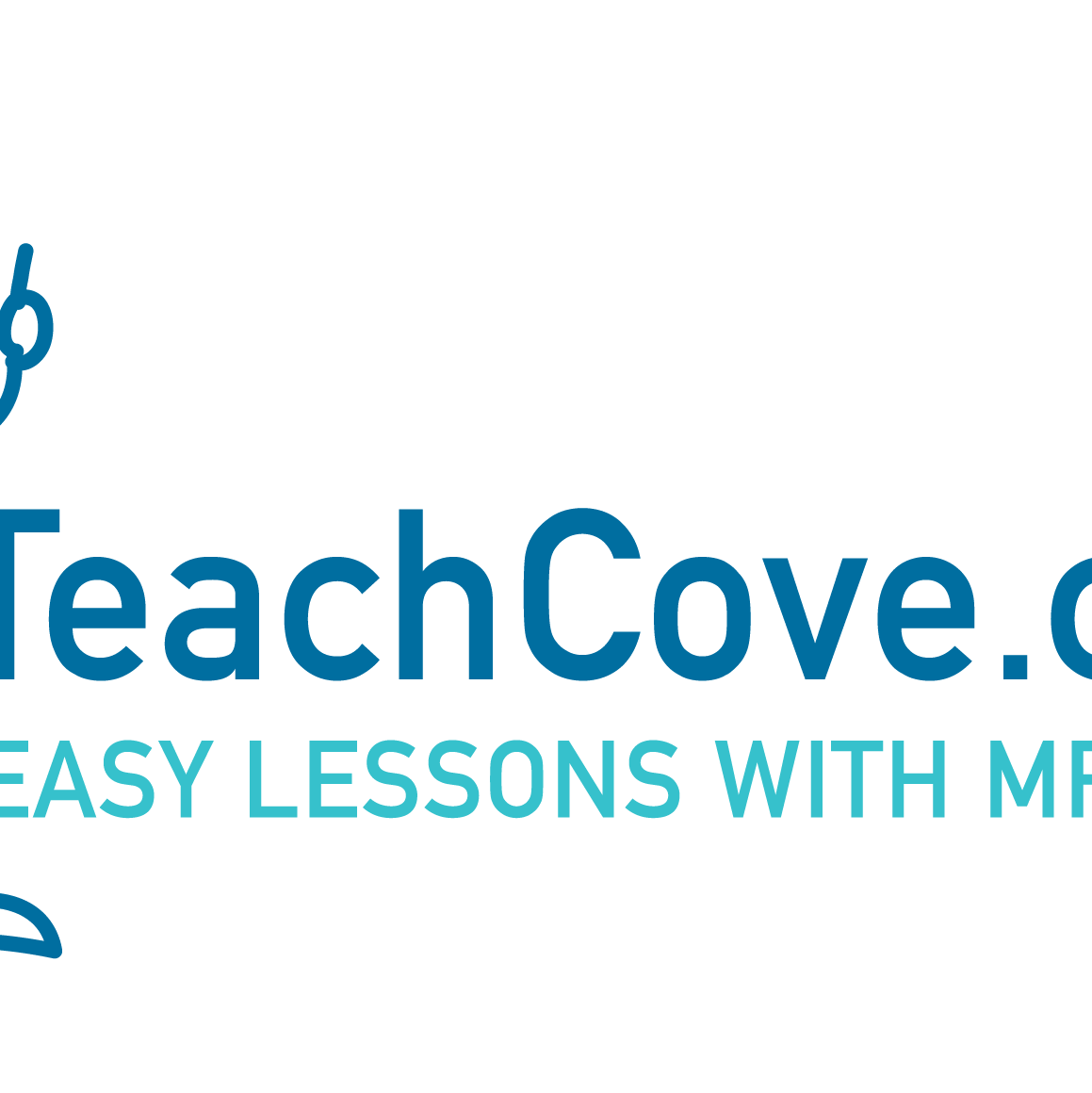Try, try, and try again
That is what Thomas Edison liked to say. He worked 😅 hard. If it was not good, he tried again.
He made the first the light bulb 💡, movie player 📽, and the music player. 🎧
Will you try to learn a new English word every day?
On Monday, I tried making a blog. I did not like my first one. I did not stop. I tried again, and I liked it.
I am trying to learn how to read Arabic. <<< the “-ing” means I still try. If I said “I tried to learn”, that means I stopped.
I tried to write Arabic words. It was hard. I will keep learning, and try, try again.

Practice
If someone gave $1,000,000 to you, what would you do?
Hmmm… I don’t know what I would do.
Give me a minute. Let me think…🤔
OK! I know what I would do! 💡
I would like to travel. I would visit people. That would be nice. ✈️
…
Please do something for me. On Monday, I gave you a book. Tomorrow, please give it to Sara. Then she will give it back to me.📔
Then I will make dinner for us, and we will talk about the book. 🍲
would and want
Would you like to learn about these? I want to teach you.
“would like” = “want”
“I want some food” is OK, but it is nicer to say
“I would like some food”.
“Want” is a strong word.
“Would” is more polite, like asking and saying “please”. It is like saying “If I had some food, I will be happy”.
Would you like a drink?
Yes, I would like some tea please.
Would you like some cake too?
I would, but I am not hungry
If something is not 100% real, you can use “would”:
If you saw a house on fire, what would you do?
I would call 911.
Would you try to stop the fire?
No, I would not.
Really?
No, I wouldn’t. I would call 911.
If your car does not start, would you call 911?
No! I would not. I would call my friend.
Oh?
Yes, I’d call my friend. He would help me.
Really?
Yes, he’d help me.
I’d = I would
he’d = he would
she’d = she would
they’d = they would
you’d = you would
we’d = we would
give and gimme
Today, we practice the words “give” and “to”.
- Please give your pen to me.
- Please give your pen to Sarah.
In English, we like to make things short. We could say:
- Please give Sarah your pen.
- Please give me your pen.
More sentences like “give me”, “give her”, “give us”:
- Will your mother give us some cake?
- Give me all your money!!! <<< that is not nice to say!
If it happened yesterday, the word is “gave”
- Yesterday, you gave me a pen. I will give it to you tomorrow.
- Why do you need money? I gave you a lot of money yesterday.
It can also be used for nouns (things) you can’t really touch:
- I will give you a job.
- Can you give me a hand? <<< not your real hand! This means “Can you help me”, like, “I need some more hands.”
———-
You will read the words “give me”, but we usually say “gimme”.
Try saying them. It’s a lot easier to say “gimme”!
- Can you gimme a drink?
- “Gimme Shelter” is the name of a famous song.
- If you need to pick up a big box, you might say “Hey, gimme a hand.”


